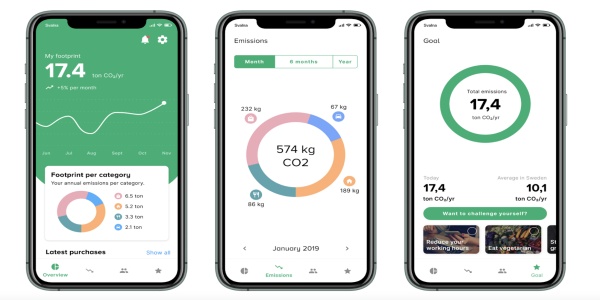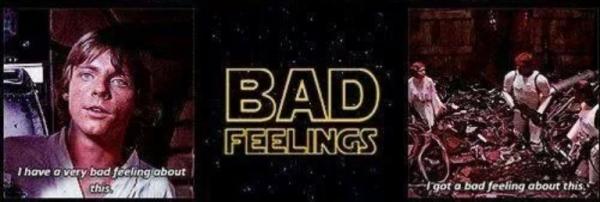What if every smartphone had a Peak Carbon app?
And what if it became mandatory?
The blog of the World Economoic Forum just published ‘My Carbon’: An approach for inclusive and sustainable cities, that seems to mix hard realities, hype and traps in equal sizes.
The object of the post is the problem that “while transport and buildings are the major drivers for emissions in cities, the share of individual emissions are significant at around 40%."
The proposed solution is based on “advances in emerging technologies like AI, blockchain and digitization”, consists of tracking personal carbon emissions and use them in citizen engagement programs and learnings, in order to:

- raise awareness and also provide individual tailored and timely advisories on lower carbon and ethical choices for consumption of product and services
- thus making the “levers of Cognitive Enablement and Social Norm” much more impactful
The bad feelings

There are at least four levels at which you should have very bad feelings about any proposal like that.
First, it lays on what still is, for the major part, very expensive vaporware: blockchain in general, and artificial intelligence to predict or drive social outcomes.
Second, if it’s left alone without much bigger, more urgent policy changes, it conveniently shifts too much responsibility (and guilt) on individuals. Conveniently for politicians and corporations, that is. Imagine apps like that suggesting who to VOTE, instead of just telling you how to BEHAVE or what to buy.
Third, “personal” and “tracking” together are bad. If anything like “leveraging Cognitive Enablement and Social Norm” or “providing individual tailored and timely advisories” came from China, we’d all be screaming “1984 is coming!” If it’s bad, it’s bad, even if it comes from the World Bank.
Fourth, if implemented, there is the transferability of those “allowances”. One of the papers that discuss the idea says proposes as a feature the possibility that:
“people in shortage would be able to purchase additional units in the personal carbon market from those with excess to sell."
If allowances can be sold from person to person, they WILL be sold. Mostly by people who struggle to put bread on the table, to people with enough money to buy a better life. Just like organs, that is.
The bad part
The bad part of this picture is that the situation is already dire enough that:
- some rationing of some resources may be the most feasible, least painful solution relatively soon anyway
- much more education, and much more, more frequent reminders of the consequences of our actions would do a lot of good, no question about that
but those things can happen in many ways, some much, much fairer and much less harmful than others. The danger is letting those two facts drive us, or be exploited to drive us, to accept “peak carbon apps” as the main, or sufficient parts of the solution, without any adverse effects.
Who writes this, why, and how to help
I am Marco Fioretti, tech writer and aspiring polymath doing human-digital research and popularization.
I do it because YOUR civil rights and the quality of YOUR life depend every year more on how software is used AROUND you.
To this end, I have already shared more than a million words on this blog, without any paywall or user tracking, and am sharing the next million through a newsletter, also without any paywall.
The more direct support I get, the more I can continue to inform for free parents, teachers, decision makers, and everybody else who should know more stuff like this. You can support me with paid subscriptions to my newsletter, donations via PayPal (mfioretti@nexaima.net) or LiberaPay, or in any of the other ways listed here.THANKS for your support!